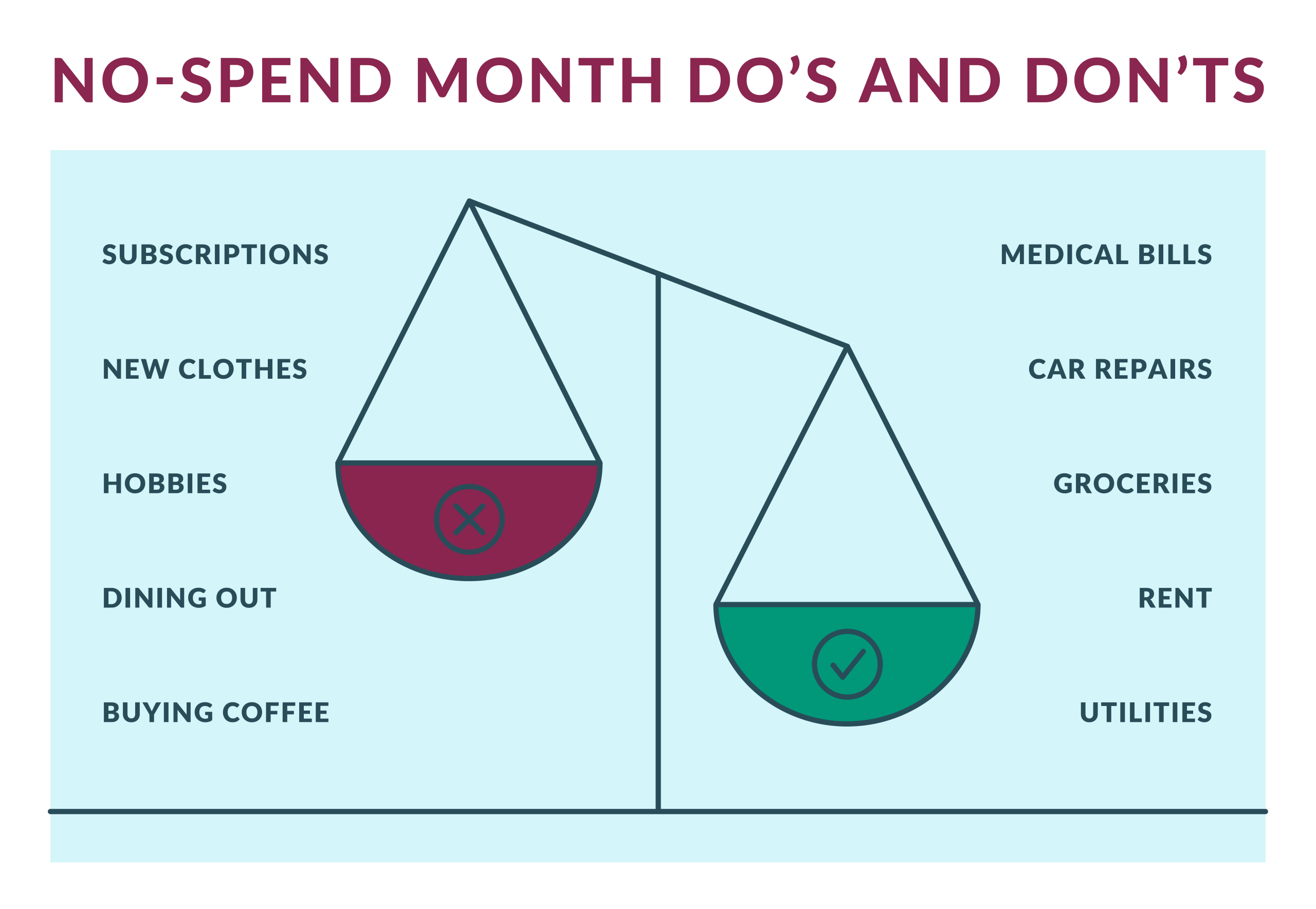Anúncios
In today’s fast-paced society, financial anxiety is a growing issue for many people.
Money-related worries can cause mental stress that affects various aspects of life, from personal well-being to relationships.
Understanding financial anxiety, recognizing its symptoms, and learning how to manage it is essential for maintaining emotional and financial health.
If you want to learn everything about the symptoms of financial anxiety, keep reading to discover how to deal with it!
What is financial anxiety?
Financial anxiety is a form of stress specifically related to managing money, financial obligations, or concerns about future financial stability.
It goes beyond occasional worries about bills or expenses; financial anxiety can manifest as persistent fear, panic, or dread regarding one’s financial situation.
This can create a cycle where stress impacts decision-making, leading to poor financial choices that further exacerbate anxiety.
A person suffering from financial anxiety may feel overwhelmed by everyday financial responsibilities, such as paying bills, managing debt, or budgeting.
This condition can affect individuals at any income level since it is linked to how a person perceives their financial situation, rather than their actual bank account balance.
Recognize the main symptoms
The symptoms of financial anxiety vary but typically include emotional, physical, and behavioral responses. Identifying these signs early is crucial to address the problem before it worsens.
Common symptoms include:
- Persistent worry about money: Constantly thinking about finances, even when unnecessary, is one of the most revealing signs. You may become obsessed with expenses, future costs, or the possibility of losing income, which can dominate your thoughts and lead to sleepless nights.
- Physical symptoms: Stress and anxiety often manifest physically, with symptoms like headaches, muscle tension, fatigue, or even digestive problems. If your body reacts negatively after financial discussions or planning, it may be a sign of financial anxiety.
- Avoidance of financial tasks: Some people cope with financial stress by avoiding it entirely. This can include delaying or ignoring bills, avoiding conversations about money, or refusing to budget. While this avoidance may provide short-term relief, it often results in bigger financial problems later.
- Emotional responses: Financial anxiety can trigger feelings of shame, guilt, or inadequacy. These emotions stem from fear of failure or an overwhelming sense of responsibility. They may also lead to isolation, where individuals withdraw from social activities or relationships due to money concerns.
What causes financial anxiety?
Financial anxiety can stem from various sources, often rooted in external pressures and internal perceptions of money. Some common causes include:
- Debt: Accumulating debt is a significant source of financial anxiety. Whether it’s student loans, credit card balances, or mortgage payments, the stress of owing money can feel like a constant burden. For many, the fear of falling further behind or not being able to repay debt creates persistent discomfort.
- Uncertainty about the future: Economic crises, job instability, or lack of retirement savings can lead to anxiety about long-term financial security. Many people worry about how unexpected expenses, medical emergencies, or unemployment might jeopardize their financial future.
- Lack of financial literacy: Not understanding how to manage money effectively can intensify financial stress. When individuals don’t know how to budget, save, or invest properly, they may feel like they are constantly on the verge of financial collapse, even if they are not.
- Pressure from social comparisons: Comparing oneself to peers or societal standards of success can contribute to financial anxiety. Social media often exacerbates this problem by creating unrealistic expectations of wealth and lifestyle, leading to feelings of inadequacy when one’s financial situation doesn’t align.
Learn how to manage financial anxiety
Managing financial anxiety requires practical steps and emotional self-care. Here are some ways to begin reducing money-related stress:
Create a spending and savings plan
One of the most effective ways to combat financial anxiety is to create a clear plan for managing your finances.
A detailed budget that tracks income, expenses, savings, and debt provides clarity and control over your financial situation.
Start by listing all your monthly expenses and comparing them with your income. This will help you identify areas where you can cut costs and increase savings.
Establishing an emergency fund can also offer peace of mind. Knowing you have money set aside for unexpected expenses can reduce fears of financial disaster. Aim to save at least three to six months of living expenses.
Understand what’s within your control
A key part of reducing financial anxiety is recognizing which aspects of your finances you can control and accepting what you cannot.
For example, you cannot control the stock market or the broader economy, but you can control your saving habits, spending decisions, and financial planning.
Focusing on controllable actions, such as increasing your financial literacy, finding ways to earn more, or reducing discretionary spending, can boost your confidence in managing your finances.
Track your financial management
Reviewing your financial situation regularly can reduce uncertainty and help you stay on top of your goals.
Set aside time each month to check your bank accounts, credit card balances, and investment portfolios.
This practice can also highlight areas where you may need to adjust your budget or savings plan.
Many people avoid looking at their finances out of fear or dread, but actively monitoring your progress can provide a sense of accomplishment and reduce anxiety.
As you become more comfortable with this practice, it can shift from a stressful task to a rewarding habit.
Invest in financial education
Improving your financial literacy is one of the best ways to combat financial anxiety.
Learning about budgeting, saving, investing, and debt management can give you the confidence to make informed financial decisions.
You don’t need to become a financial expert overnight, but gradually increasing your knowledge will reduce fear and uncertainty around money.
There are many resources available, from books and podcasts to online courses that can teach you how to manage your finances better.
Consider consulting a financial advisor who can offer personalized advice tailored to your situation.
Prioritize self-care
Don’t underestimate the importance of self-care in managing financial anxiety. Financial stress can be overwhelming, but taking time to relax, meditate, or engage in hobbies can help relieve some of the mental burden.
Exercise, mindfulness practices, and even talking to a therapist can provide emotional support and resilience during tough financial times.
Incorporating self-care habits into your routine will equip you to handle the emotional aspects of financial anxiety, allowing you to approach your finances with a clearer, calmer mind.
Financial anxiety is a complex issue affecting millions of people, but with the right tools and strategies, it can be managed effectively.
By understanding the causes, recognizing the symptoms, and implementing practical steps such as budgeting, increasing financial literacy, and practicing self-care, you can reduce the stress that money brings to your life.
Managing financial anxiety isn’t a one-time fix, but with continuous effort, you can gain control over your finances and achieve peace of mind.
If you’re struggling with financial anxiety, consider exploring more resources on financial well-being.
For additional money management tips, check out our articles for guidance on building a stronger financial future. Also, read our content about personal finances!






